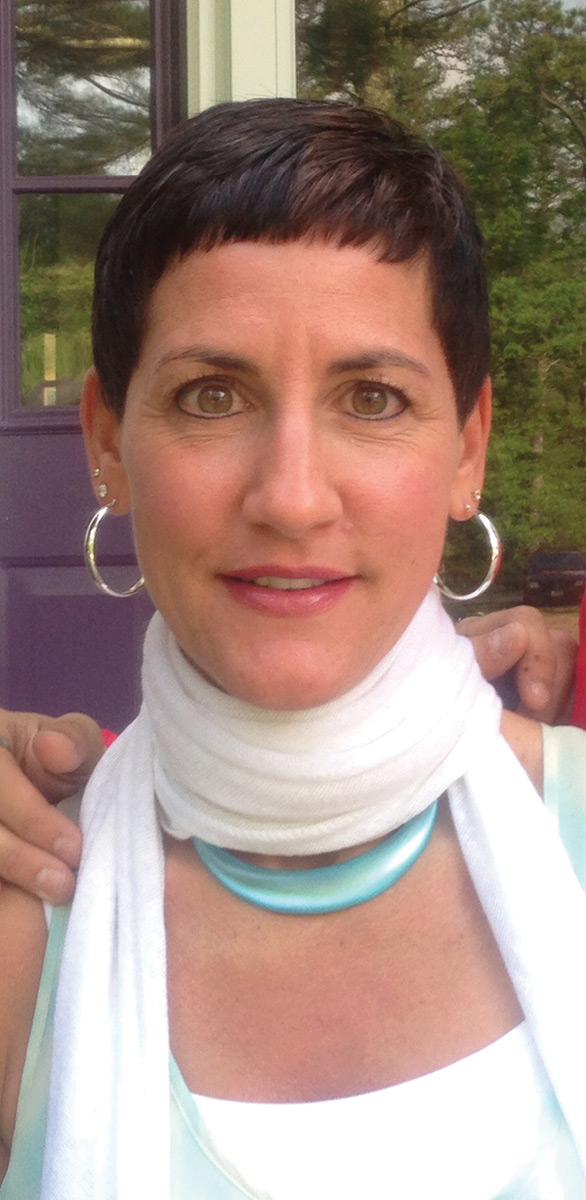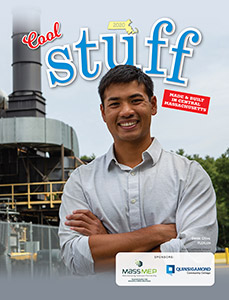Andrea Patisteas at Primo Medical Group believes in on-the-job training

Andrea Patisteas, 53
Senior executive vice president of Primo Medical Group, Stoughton
Lives: Rochester
In her sights: She is a big game hunter.
Andrea Patisteas, medical devices
Andrea Patisteas, senior executive vice president of Stoughton medical-device maker Primo Medical Group and a managing board director of Arthrosurface in Franklin – had started on a different path, initially.
Rehabilitation counseling was her first interest, she said. She got her undergraduate degree in special education from Bridgewater State University.
It was while working in a Boston co-op program with folks who were deaf and blind, said Patisteas, she realized she liked the business side of the work more than the counseling side of it. Her master’s degree was in counseling and business support from Northeastern University in Boston.
But Patisteas sees all experience as relevant and applicable. Overseeing marketing and finance operations may seem far removed from working with people with disabilities, but all experiences offer value.
“I believe that you don’t have to go into something specific,” she said. “Most jobs are on-the-job training. You have to have aptitude.”
As an example, she tells a story of a maintenance worker at Primo Medical who now runs a cleanroom there, having shown an ability to learn and succeed.
With more than 25 years in the field, Patisteas is also a founder of Cardiosolutions of East Bridgewater, wearing many other manufacturing-industry hats as well, with other companies and spinoffs.
For Patisteas, it comes down to basics on what is required to do well in manufacturing.
For one thing, she goes into business with people who think the same way she does and are willing to work very hard. Being responsive is another key to her success.
“I believe that you don’t have to go into something specific. Most jobs are on-the-job training. You have to have aptitude.”
— Andrea Patisteas
“Most successful people I know answer the phone and respond to emails,” she said. “Our reputation became such that we responded. I don’t have voicemail on my phone at work. My work phone gets transferred to my cell. And we are group that all think the same way.”
As for her rehabilitation counseling interest, it’s surfaced in her life, Patisteas said.
When she was in her 20s, Patisteas and her husband adopted a man with Down’s Syndrome after the man’s mother died. Patisteas met him while volunteering at the Kennedy-Donovan Center. He lived with her family until his death a few years ago, a figure in her children’s lives growing up.
Patisteas is also a director of The Ocular Immunology Foundation, dedicated to finding cures for ocular inflammatory disease, a rare condition with which a family member was diagnosed. ◾


